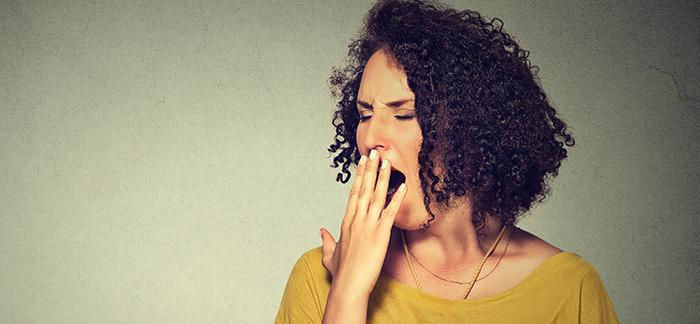
At the counting-sheep roundabout and after a cup of chamomile tea, take a sharp left into Snoozeville – if only getting more, quality sleep was this simple. While different bedtime strokes work for different folks, there are a few ways in which we can all ensure we get some quality shut eye.
Like most of us you’ve probably felt the urge to crawl into your toddler’s bed because you were just too exhausted to make it back to your own bed. Science has shown that when your body is tired due to the lack of quality sleep, your mental acuity is challenged hindering you from performing, sometimes, even the most basic tasks. This may sound obvious, but sleep difficulties are generally a direct result of lifestyle choices and falling into bad routine habits. Let’s explore some of the ways you can take back your sleep and feel like the sharpest tool in the shed and as emotionally balanced and full of vitality like those super organised homemakers on Pinterest.

When you’re juggling parent-teacher meetings, bake sales (everybody loves your red velvet cupcakes), an ever-growing Inbox and weekly family dinners, falling asleep seems as impossible as trying to watch an episode of your favourite show without interruption. But, fear not, for under this busy-as-a-bee craziness quality sleep is within your reach. New studies out of Harvard’s Medical School have zeroed in on a practice they call ‘sleep hygiene’. Now while you may be thinking it’s only about washing that percale pretending to be Egyptian cotton bedding, it’s actually a series of efforts to optimise the hours you spend sleeping.
Get in sync
No, we’re not suggesting you go out and buy the 90s-boy band’s greatest hits album but one of the most important sleep strategies you’ll need to adhere to is your body’s circadian rhythm aka sleep-wake cycle. In keeping with a regular sleep-wake cycle you’ll feel more invigorated than if you had the same hours of sleep at differing times.
Ditch the alarm

Did you know that if you’re getting a sufficient amount of sleep, you should wake up without an alarm? Science has shown that if you do require an alarm, you may need to adjust your bedtime to earlier.
Limit your exposure to light
Melatonin is a naturally-occurring hormone that is controlled by light exposure – this also regulates your circadian rhythm. After dark, your brain also discharges this hormone and this is the reason you feel sleepy. The converse is also true: the more light there is, the more alert you’ll be. So, as tempting as it is to watch that last live Instagram video your cousin just posted of her four-year-old just being adorbs; or live Tweeting your inability to sleep, turn it down and get to bed, you deserve it.
Go dark

And here we don’t mean black ops, but rather invest in some lined or fully blocked out curtains. But, if you don’t have that kinda cash to splash, try a sleep mask – like the ones that Joan Collins always made look so trendy.
Don’t go with your gut
No matter if your gut’s an advocate for that post-dinner-I-feel-I-need-to-eat a toasted cheese stacker, don’t do it. Spicy, carb-heavy and acidic foods can cause you to be the big cheese in the heartburn department. The same caution applies to caffeine and alcohol – these foods can affect your sleep routine for up to 12 hours’ post consumption.
Relax and just breathe
Practice deep relaxation techniques with easy breathing exercises – these help restore a sense of calmness and can help you feel completely relaxed before hitting the hay.
Date Published: 09 May 2017